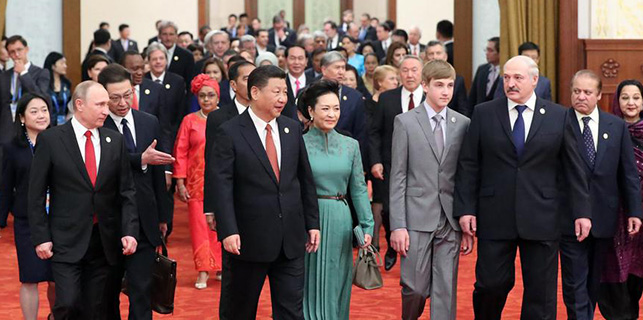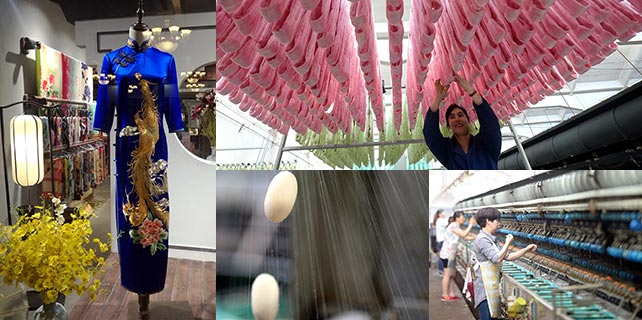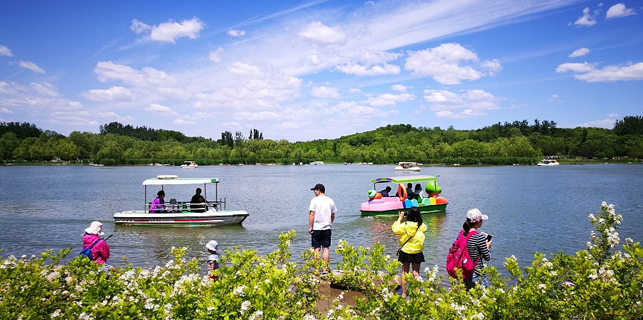Peace in sight as talks gather pace
Government, groups agree on regional constitution
YANGON, Myanmar - Myanmar's peace process is gaining momentum as it heads for the second meeting of the 21st Century Panglong Peace Conference slated for May 24, open to all ethnic armed groups.
A latest meeting of the Union Peace Dialogue Joint Committee, chaired by State Counselor Aung San Suu Kyi and held late last week, has unprecedentedly agreed on self-legislation of regional or state governments, achieving a breakthrough in the political dialogue between the government and armed groups.
The deal, made up of 21 agreements, will be submitted to the upcoming second meeting of the peace conference in Nay Pyi Taw for approval.
The agreement covers sovereignty, equality, self-legislation, federal union principle or structure and delegation of authority and the democratic system.
The granting of rights for the self-drawing of constitutions for individual states will be the first ever in Myanmar's history.
However, the regional constitution will not supersede the country's overall constitution and the agreement will be applied within the regions, some ethnic leaders clarified.
The other points of the agreements reached at the meeting were related to sectors of economy, social affairs, farmland and natural resources and environment.
Important lesson
Suu Kyi, at the UPDJC meeting, called for efforts to make the conference a success, describing Myanmar's peace process as part of the world's and saying that the process can be taken as an important lesson and example for other countries in conflicts.
The UPDJC meeting discussed a range of matters dealing with probable signing agreements in the Panglong peace conference and adopted decisions on some sectors in the agenda related with politics, economy, social affairs, farmland, environment and security.
Myanmar's peace commission also negotiated deals with non-ceasefire signatory armed groups to the Nationwide Cease-fire Accord last week to enable them to attend the conference.
The negotiations, which took place in Chiang Mai, Thailand, covered areas proposed by the armed groups' Delegation for Political Negotiation, for them to sign the cease-fire pact.
The DPN consists of seven non-ceasefire signatories, mainly the Kachin Independence Organization, Kayinni National Progressive Party and New Mon State Party.
The agreement comes after Suu Kyi this month snubbed a United Nations resolution backed by the European Union recommending an international investigation into the situation of Myanmar's northern Rakhine state. She said that the resolution was not "in keeping with what is actually happening on the ground."
"If we think that the recommendations are in keeping with the real needs of the region, we would be happy to accept them," she said after a meeting with EU foreign policy chief Federica Mogherini in Brussels.
Suu Kyi reaffirmed that her country will not accept "those recommendations which will divide further the two communities in Rakhine," referring to the tension between the state's Buddhist majority and Muslim minority.
Xinhua









